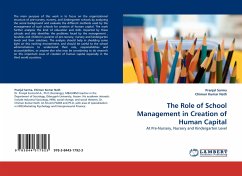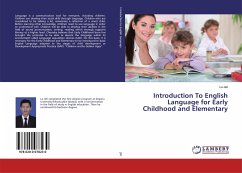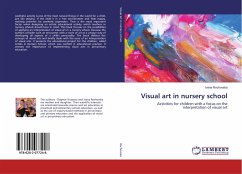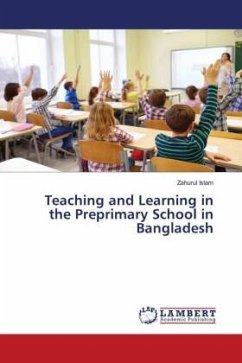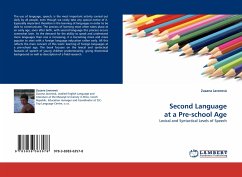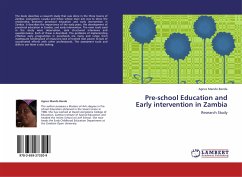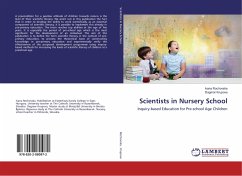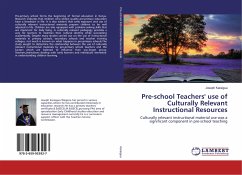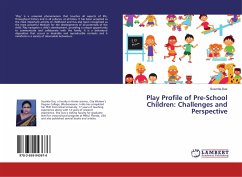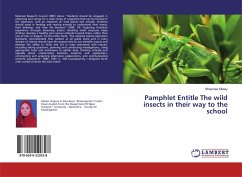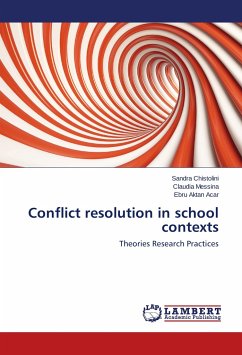
Conflict resolution in school contexts
Theories Research Practices
Versandkostenfrei!
Versandfertig in 6-10 Tagen
22,99 €
inkl. MwSt.

PAYBACK Punkte
11 °P sammeln!
Complexity and interculturalism characterize the worldwide societies. Though for many aspects these multiple forms convey a positive meaning, from other points of view a problematic communication seems to generate the increasing of conflicts. According to several perspectives of study, conflict is considered as something that cannot be avoided; it is constantly present and it poses relevant pedagogical problems. The focus is less on individual variables, and more on the environmental factors which interact and play a crucial role in the diverse situations of the social life. Alternatively, con...
Complexity and interculturalism characterize the worldwide societies. Though for many aspects these multiple forms convey a positive meaning, from other points of view a problematic communication seems to generate the increasing of conflicts. According to several perspectives of study, conflict is considered as something that cannot be avoided; it is constantly present and it poses relevant pedagogical problems. The focus is less on individual variables, and more on the environmental factors which interact and play a crucial role in the diverse situations of the social life. Alternatively, conflict is also considered as an opportunity for personal changes, structured groups and organizations affected. The purpose of this book is to describe conflict resolution by analyzing theoretical aspects that support research and practice. Empirical results present the efforts made in school contexts to prevent aggression and violence. Finally, discussion is open to implement good practices in peace education and provide valuable experiences for a new democratic culture in tune with the sense of our shared responsibility. The book includes the Questionnaire for teachers.





